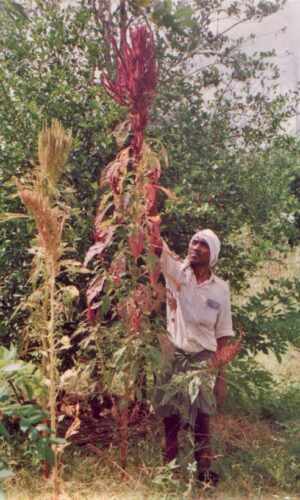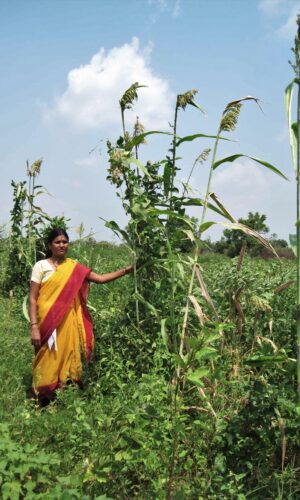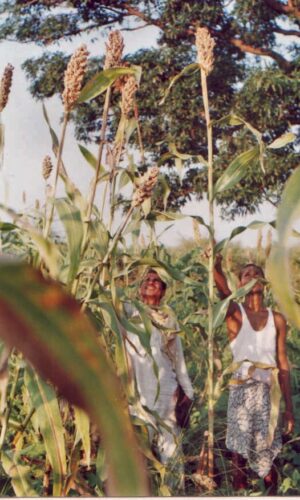Seed Sovereignty
A seed is a resource. Nature has ensured that sowing even one seed will give rise to thousands.
But despite nature’s promise of abundance, the farming business isn’t booming. Today, the seed that a farmer sows—the first resource of a crop’s life—is reaping debt. That’s because good quality seeds that are available in the market are expensive and susceptible to pests and diseases.
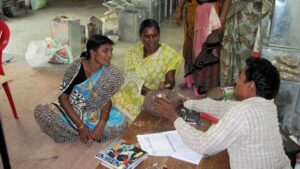
The new entrants, like genetically modified seeds, are more expensive and now even come with a rider using only a particular brand of weedicides along with the seeds. Worse, this further adds to a farmer’s expenses as he has to invest in things he might not need.
Moreover, farmers have to buy these seeds every year from the market, thereby opening themselves to spurious seeds and also fluctuating expenses.
THE POWER OF SELF-RELIANT FARMING
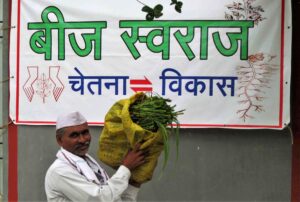
Farmers practising self-reliant farming use local and indigenous seeds which have been selected after testing the following parameters:
- Yield potential
- Pest resistance
- Disease resistance
- Taste
Since they are locally adapted, they are hardy and resistant varieties. The farmers employ a method of natural selection of seeds from the best plants from their own fields, which ensures the purity and quality of seeds. Moreover, local storage methods are used and farmer-to-farmer exchange is encouraged. Capital seeds are maintained at Chetana-Vikas Resource Centre.
This practice ensures that farmers are not dependent on any external agency and have more control over what they use. And that’s the essence of attaining Beej Swaraj.
For more info, please visit the link www.kisanswaraj.in/…/call-for-seed-sovereignty-protect-farmers’-rights/
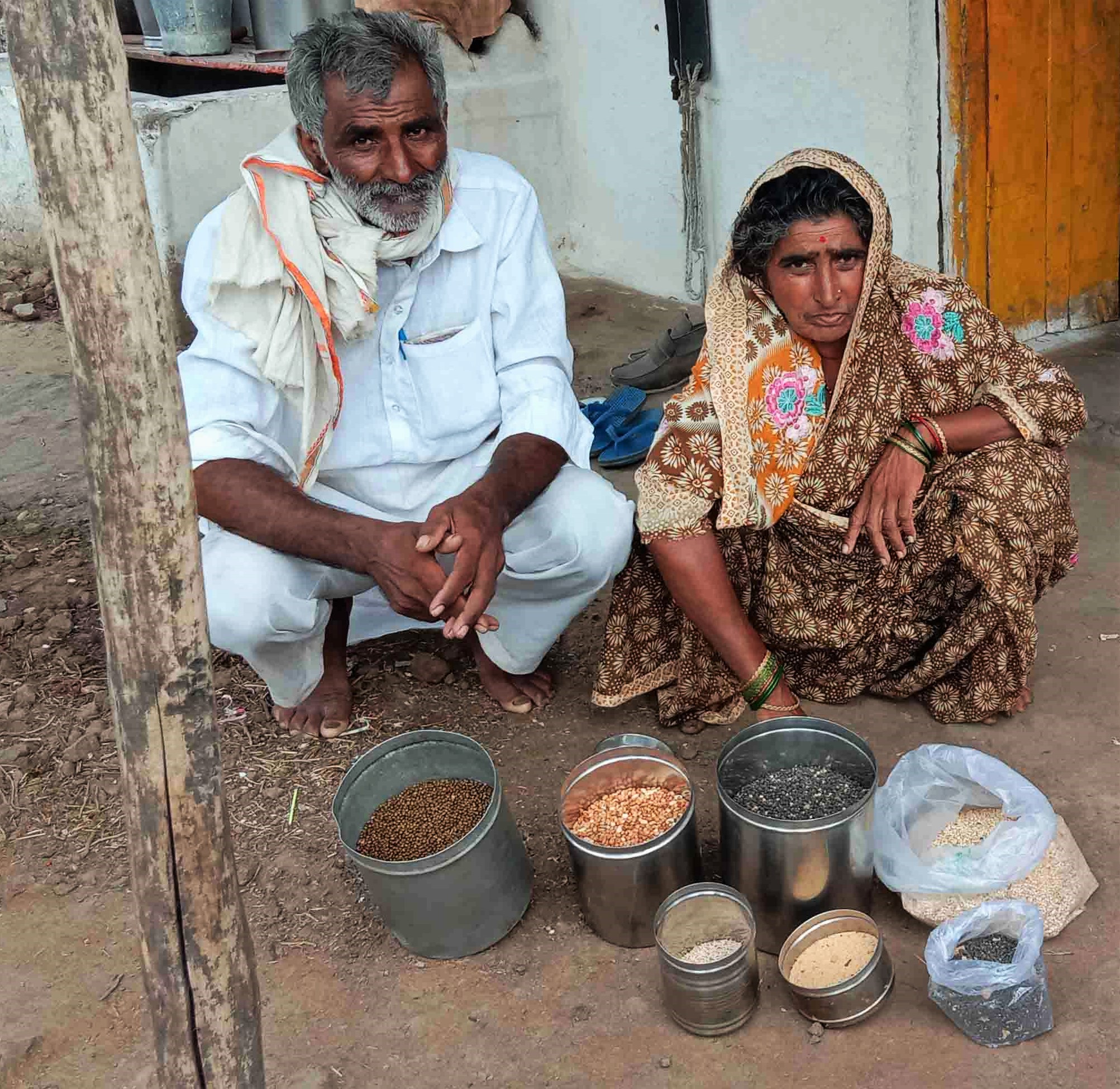
Research & Innovations
Identification, collection, assessment & propagation of 100 promising varieties of about 40 crop species, of categories viz. cereals, pulses & beans, oilseeds, fibres, vegetables, condiments & spices, fruits, fodders.
Future Plans
- Work on these lines on about 30 new varieties of 15 crops, with special reference to Climate Change Crisis.
- Propagation to a new lot of about 100 demo farmers in the micro area of Wardha district, and up to 5 States of India.
- Encouraging the formation of farmer-based seed banks for communities.
- HRD in quality seed production.


